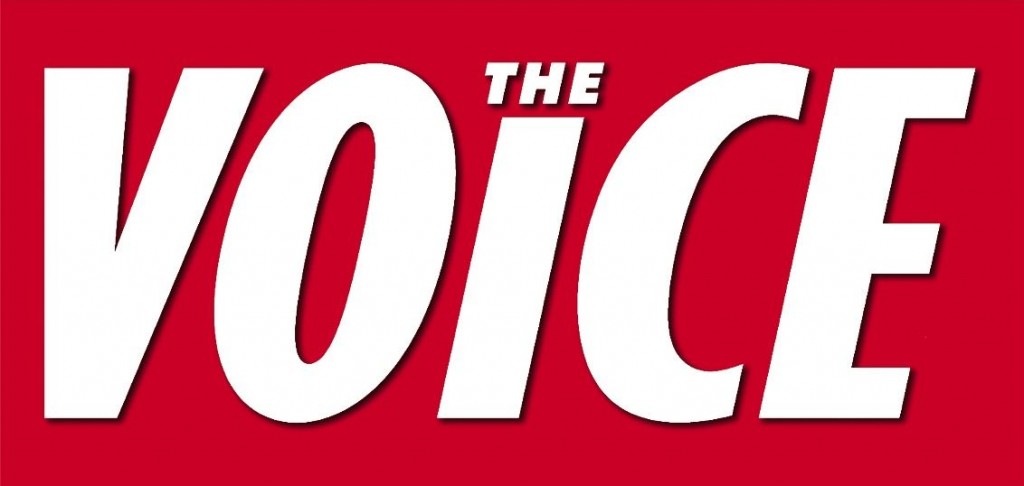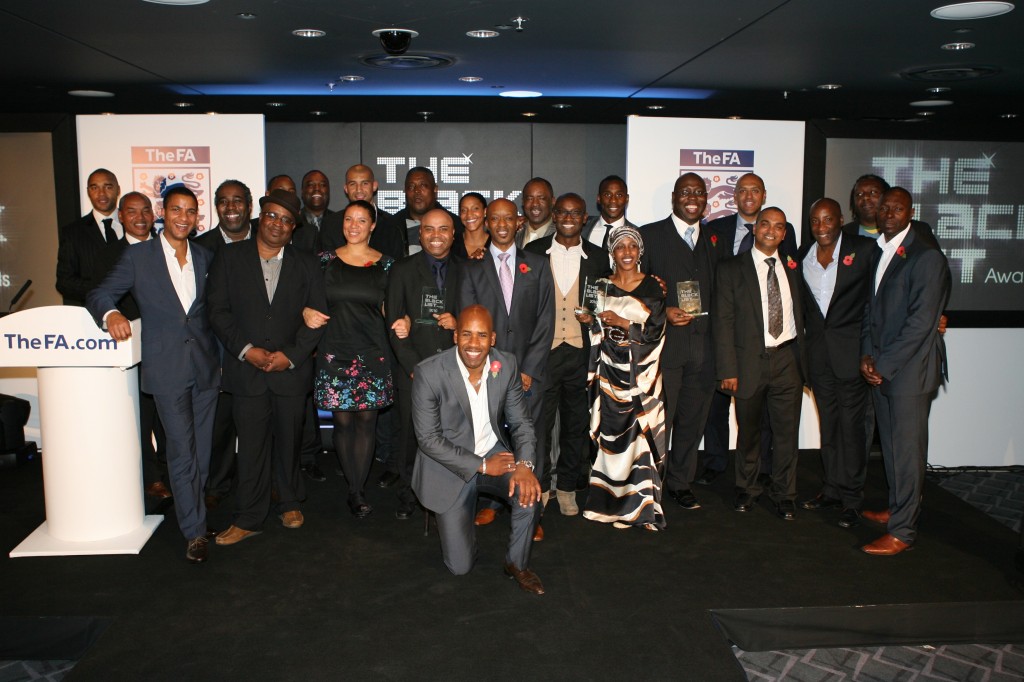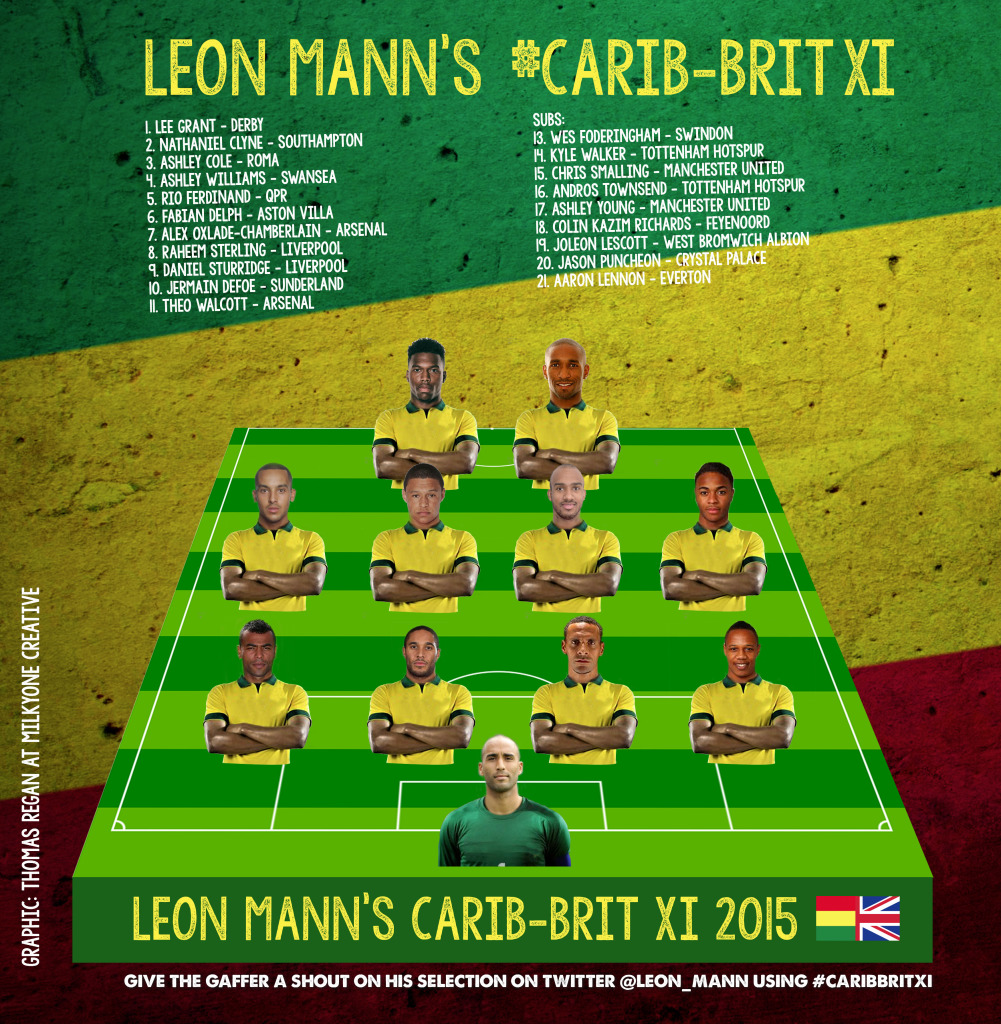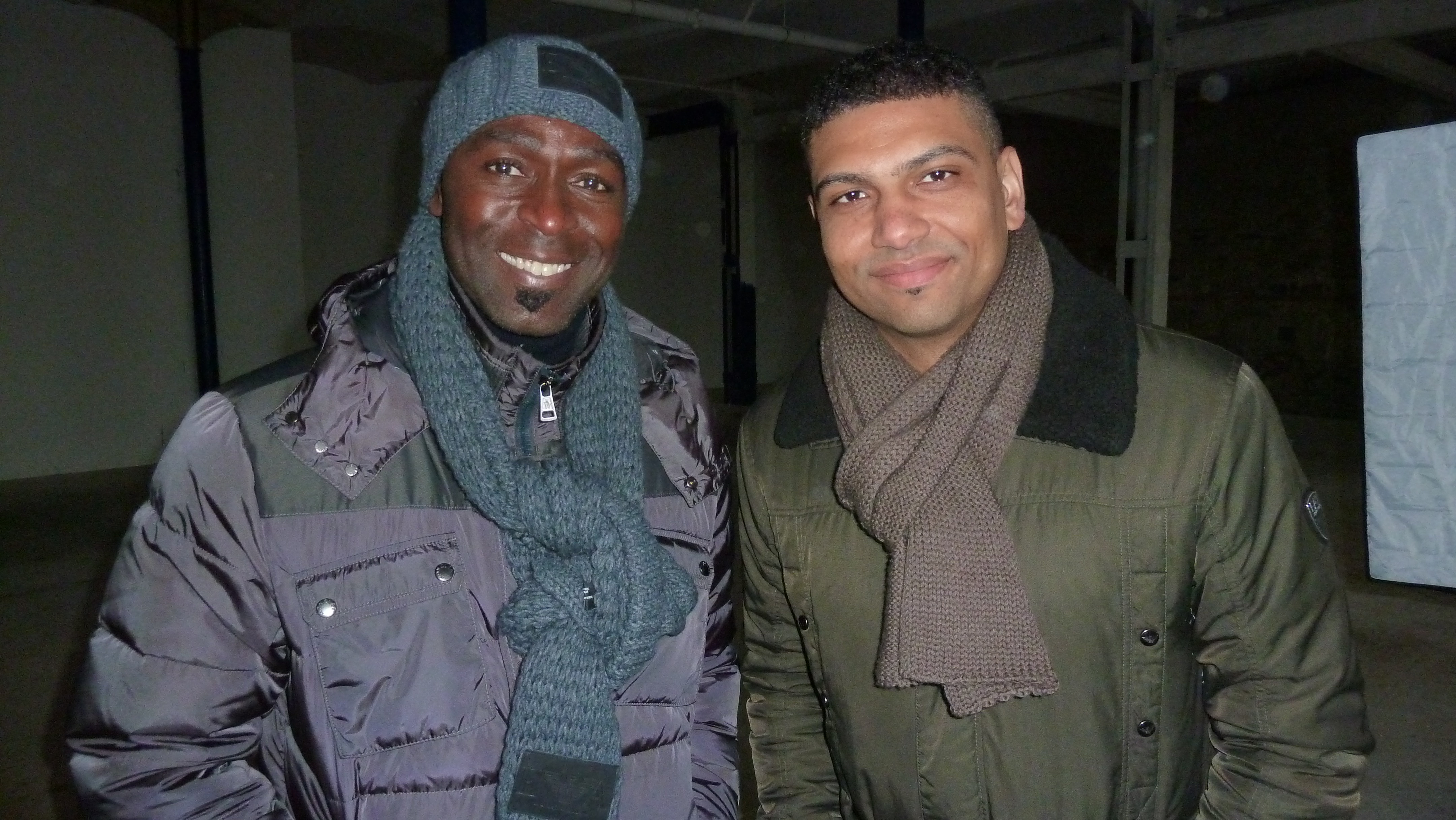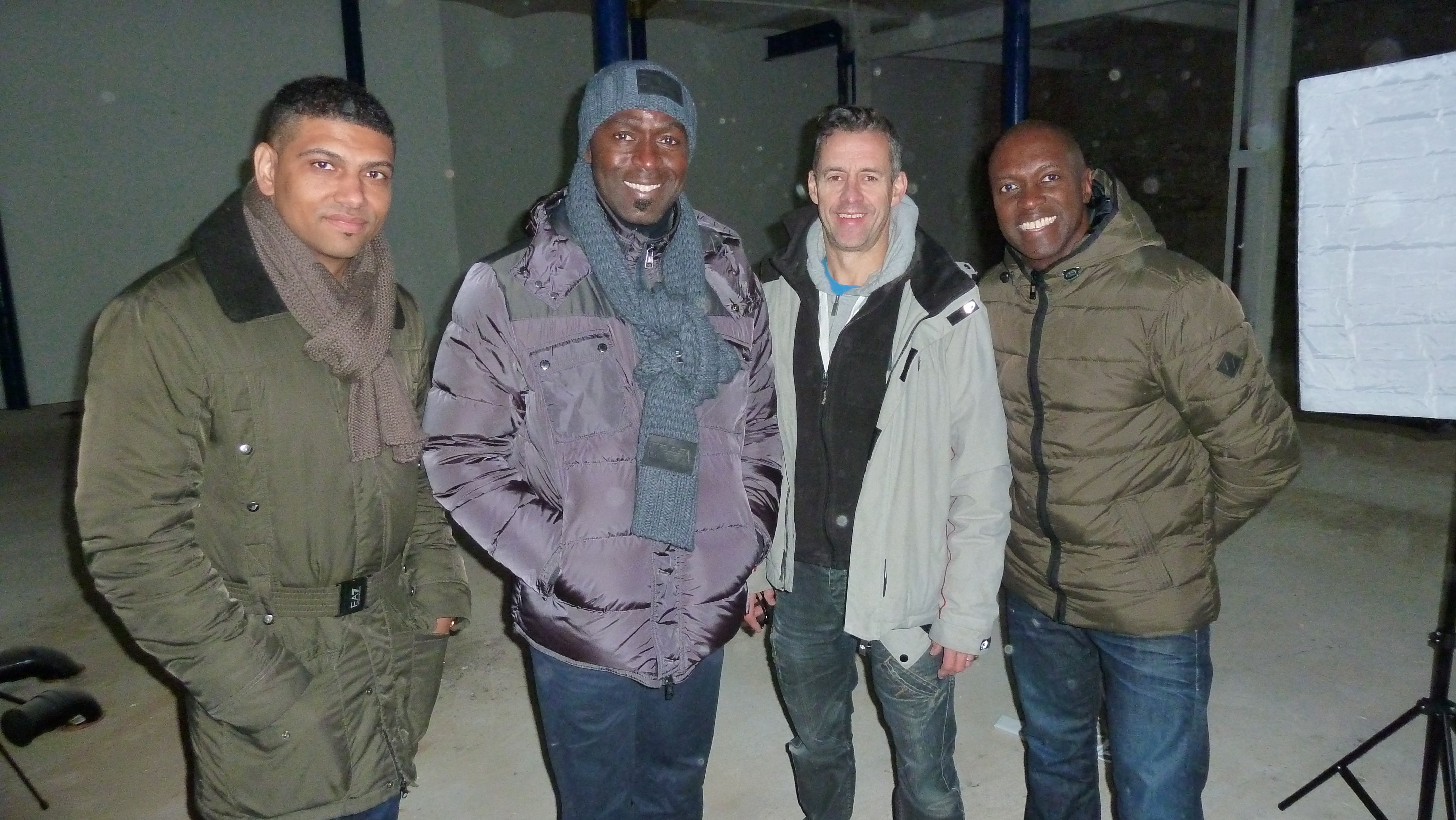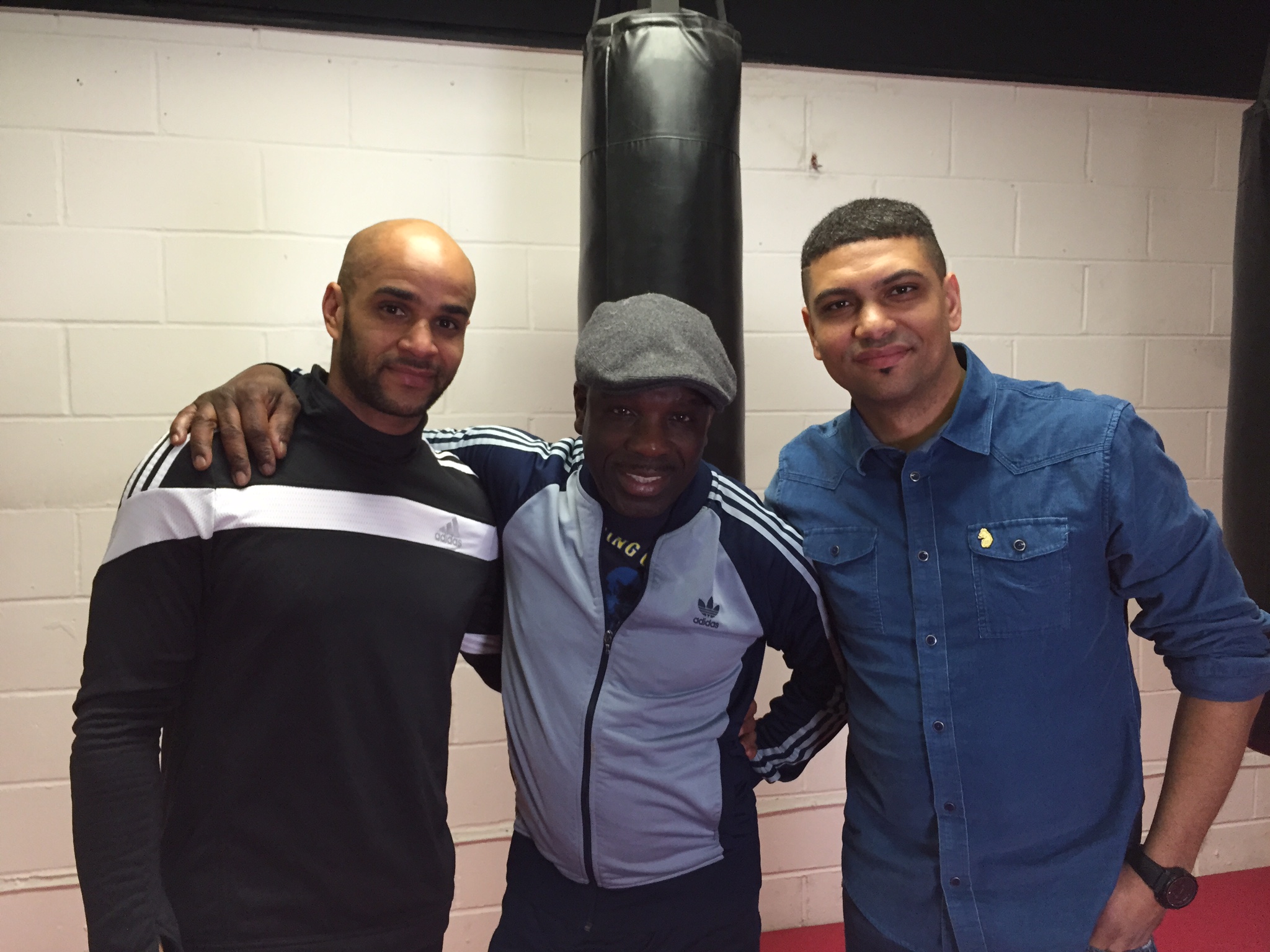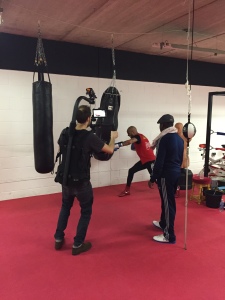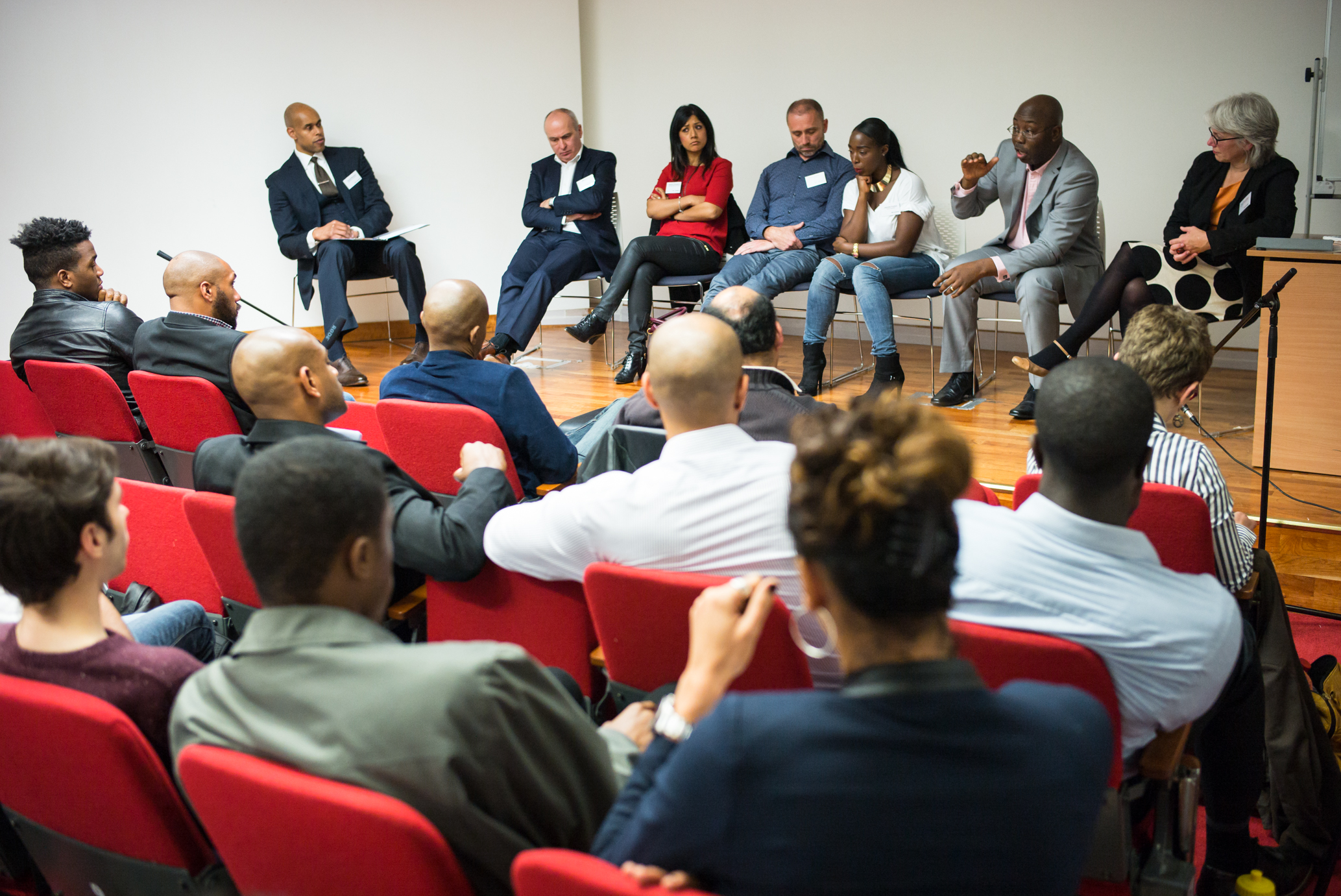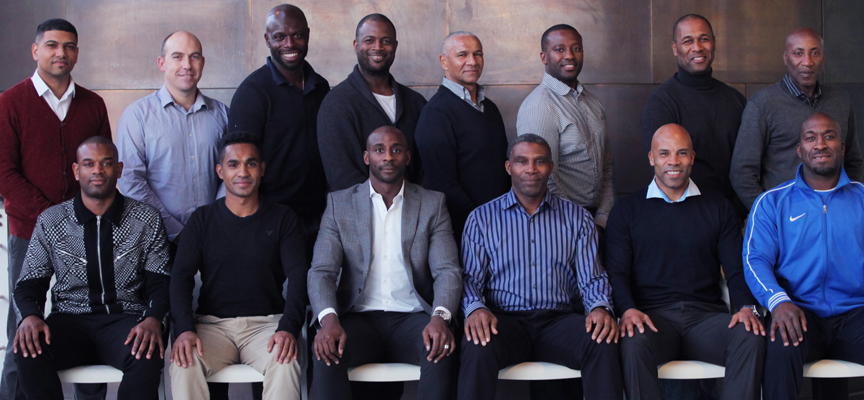If you haven’t already grabbed a copy of The Voice Newspaper this week – here is the Football Black List 2015!
The Football Black List is an initiative celebrating the contribution of African and Caribbean communities in the UK to football. However, this is not a celebration of the best footballers – instead, it highlights those achieving away from the pitch. The administrators in the boardrooms, the journalists, the coaches and managers, our leaders working at grassroots level and in the community.
This initiative shines a light on many unsung heroes who are very much pioneers in an industry where the black community is hugely under-represented in every area of the game – away from those playing.
Congratulations to all those who made the list this year. Every year more and more contenders are considered, which goes to show that progress is being made.
Before the complaints come in – and in the past, I have received many – although I am a founder of the initiative this list is always decided by a panel. In 2015, The Voice Newspaper’s sport department got together to make a call on who made it in…
For full breakdown on why each person made the list please check out The Voice Newspaper.
BLACK LIST 2015
MEDIA
Stephen Lyle, Commissioning Editor for Sport, Channel 4
Stan Collymore, Broadcaster – TalkSport
Jessica Creighton, Presenter – BBC Sport
Adrian Kajumba, Football Writer – Daily Mirror
Keme Nzerem, Sports News Correspondent, Channel 4
ADMINISTRATION
Les Ferdinand MBE, Director of Football, QPR FC
Michael Emenalo, Technical Director – Chelsea FC
Heather Rabbatts CBE, Chair of FA Inclusion Advisory Board – The FA
Nathan Blake, Director of Football, Newport County
Bobby Barnes, Deputy Chief Executive, PFA
COACHING AND MANAGEMENT
Chris Ramsey, Head Coach – QPR FC
Chris Hughton, Manager, Brighton and Hove Albion
Chris Powell, Manager – Huddersfield
Jimmy Floyd Hasslebaink, Manager – Burton Albion
Keith Curle, Manager – Carlisle United
COMMERCIAL
Aidy Ward, Football Advisor
Mariame Diakite, Football Advisor
Wayne Lindsay, Football Advisor
Pete Smith, Football Agent
Udo Onwere, Lawyer
COMMUNITY
Donald Forde, Head of Crystal Palace Foundation
Lord Ouseley, Chairman – Kick It Out
Darren Smith, Development Officer, London FA
Jason Roberts, Founder – The Sports People’s Think Tank
Richard Allicock, Youth engagement officer, Tottenham Hotspur Foundation
PLAYERS
Yaya Toure, Manchester City and Ivory Coast
Carlton Cole, West Ham United and England
Didier Drogba, Chelsea and Ivory Coast
Rio Ferdinand, QPR and England
Eni Aluko, Chelsea Ladies and England

